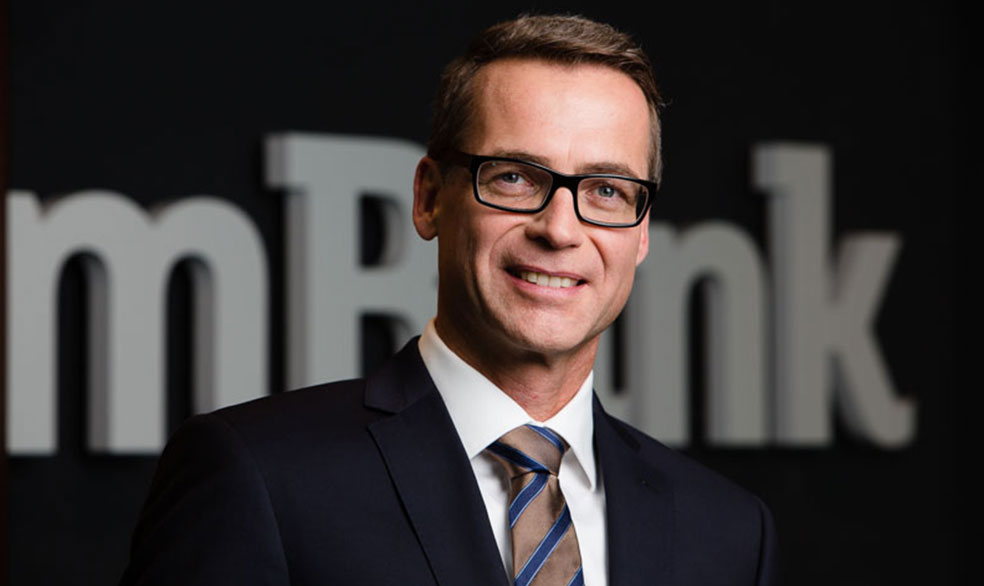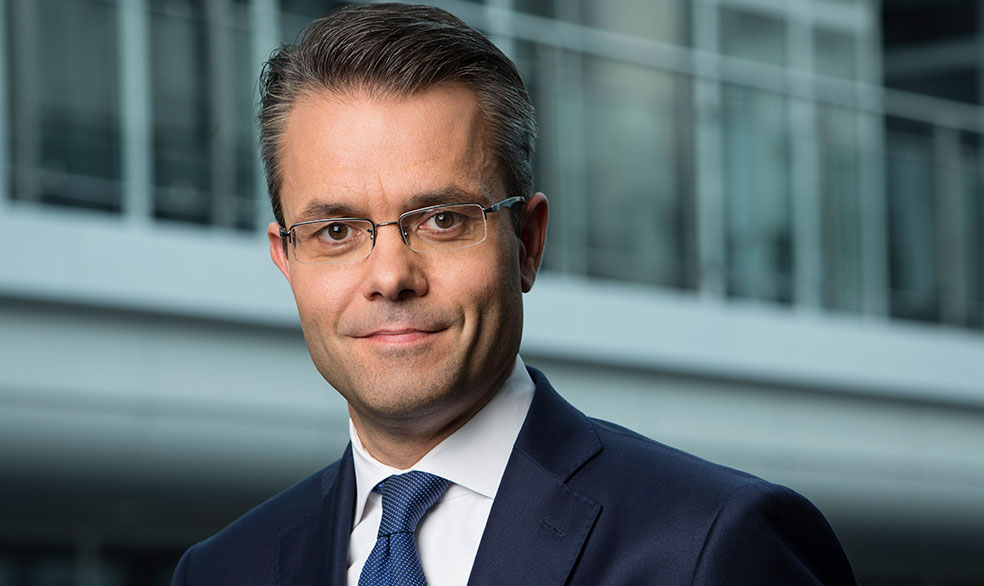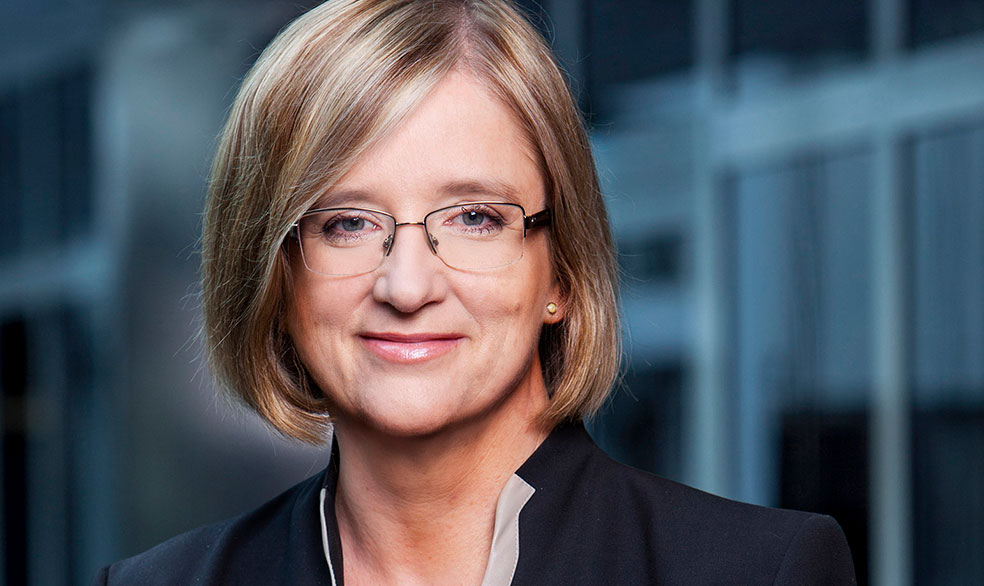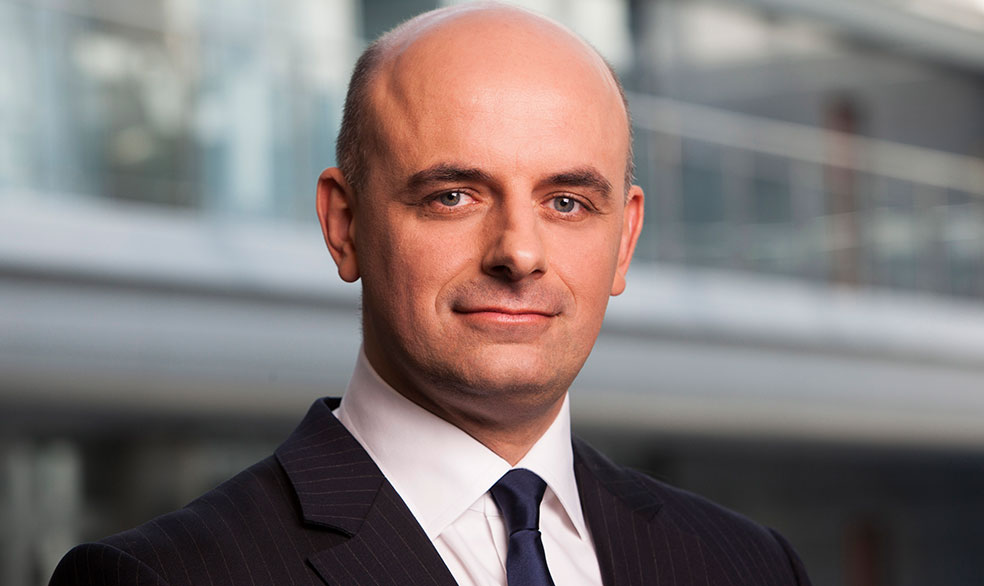The Executive Committee worked until March 30, 2017. During that period the Committee conducted the initial selection of candidates for the Supervisory Board and three new candidates for the position of Management Board Members in accordance with the Adequacy Policy. Following the Supervisory Board’s resolution of March 30, 2017, the new Executive and Nomination Committee was created and took over the functions and responsibilities of the Executive Committee. The Executive and Nomination Committee exercised ongoing supervision over the activity of the bank in the periods between the Supervisory Board’s meetings in 2017. In October 2017, the Executive and Nomination Committee conducted the initial recruitment for the position of a Management Board Member.
The Audit Committee was regularly informed about the results and the financial position of the bank and the Group. It received and analysed information on actions taken in the key risk areas.
The Audit Committee held four meetings in 2017 and discussed, among others, the following:
- Compliance of the process of preparing financial statements with the applicable law.
- Cooperation with the external auditor.
- Conclusions from the audit of the annual financial statements of mBank Group for 2016.
- Scope of the audit of the annual financial statements for 2017.
- Assessment of the internal control system at mBank in 2017.
- Ongoing supervision of proposed changes to mBank’s internal control system in 2017.
- Ongoing supervision over the activity of the Internal Audit Department.
- Approval of reports of the Compliance Department.
- Approval of the policy on mBank’s selection of the external auditor.
- Approval of the policy on mBank’s cooperation with the external auditor.
The Audit Committee provided the Supervisory Board with, among others, recommendations on the approval of: Reports of the Management Board on the activity of mBank and mBank Group for 2016, and the financial statements for 2016, the annual report on compliance risk management at mBank in 2016, the report of the Outsourcing Coordinator on the implementation of the Outsourcing Policy at mBank in 2016 and the Audit Plan of the Internal Audit Department for 2017.
In 2017, the Risk Committee held four meetings, during which it regularly discussed the following matters: changes in the economic situation in Poland and their impact on the bank’s situation, quarterly risk reports (capital adequacy, liquidity risk, credit risk, market risk, interest rate risk, non-financial risks including operational risk, key events in the risk area), as well as a range of issues related to mBank’s portfolios, including dedicated presentations on corporate, investment, financial markets and retail portfolio risks. The Committee held an additional meeting in May during which it discussed the limits on mBank Group’s exposure to the State Treasury and the central bank.
Other major issues considered by the Committee included the largest exposures, development of risk parameters, and loan loss provisions at the bank and in the Group. Furthermore, in accordance with its work plan, the Risk Committee discussed in detail the effectiveness of particular portfolios of the bank, analysing risk parameters, change directions and forecasts. It also reviewed the management strategies covering individual risks of mBank Group and the strategic risk limits. In addition, the Risk Committee issued a positive recommendation regarding the approval of the new Concentration Risk Management Strategy of mBank Group.
In 2017, the Risk Committee issued:
- 13 recommendations concerning exposures subject to single entity risk in accordance with the parameters defined by the Supervisory Board;
- 23 decisions concerning approval of a range of strategies and policies and other risk management documents requiring the Supervisory Board’s approval.
The Remuneration Committee held four meetings in 2017 and issued 14 decisions. During its meetings the Remuneration Committee discussed and issued recommendations for the Supervisory Board regarding among others:
- Adoption of periods in 2017 during which Risk Takers could acquire bonds and/or shares issued by mBank S.A. under the Incentive Programme.
- Assessment and definition of the MbO objectives for the Members of the Management Board of mBank.
- The Risk Takers Identification Policy of mBank.
- The Remuneration Policy for mBank employees.








